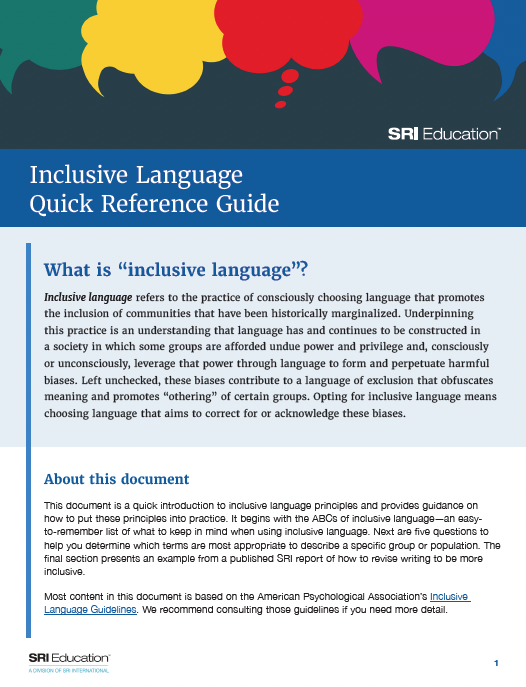This quarter’s newsletter includes a collection of evidence-backed guides and resources designed for school and district leaders, educators, researchers, and other interest holders who work to identify and address the mental health needs of learners at all stages of development, across all settings, and throughout every month the year.
For more than a decade, educators have used Targeted Reading Instruction (TRI) to help students build valuable foundational literacy skills in the classroom. Now, in the wake of the COVID-19 pandemic, researchers have developed a tool that can help educators leverage TRI and provide comprehensive support to K-5 readers in both virtual and face-to-face settings.
Young children now spend a significant portion of their screen time on streaming platforms like YouTube, where 500 hours of new content is uploaded every minute. With such a sprawling catalog, it can be difficult for parents, teachers, and researchers to understand just what children are watching and how it might affect them.
We believe in the potential of technologies like artificial intelligence to promote equitable learning opportunities for all students. As the edtech industry continues its rapid growth and evolution, we remain dedicated to partnering with clients to ensure that educational innovations are not just forward-thinking, but also rooted in principles of equity, accessibility, and real-world applicability.
Check out the recordings of our four-part, FREE webinar series from March through June 2023. Each webinar focused on a different topic in early childhood state systems building such as needs assessment and strategic planning, coordinated eligibility and enrollment, engaging partners in planning for data systems, and family engagement.
We recognize the vital role that mental health plays in academic success and social-emotional development of students and well-being of educators. This newsletter describes some of our resources, research, and training that support mental-health awareness and trauma-informed practices in schools and communities.
This quick reference guide is an introduction to inclusive language principles and provides guidance on how to put these principles into practice. Inclusive language refers to the practice of consciously choosing language that promotes the inclusion of communities that have been historically marginalized.











